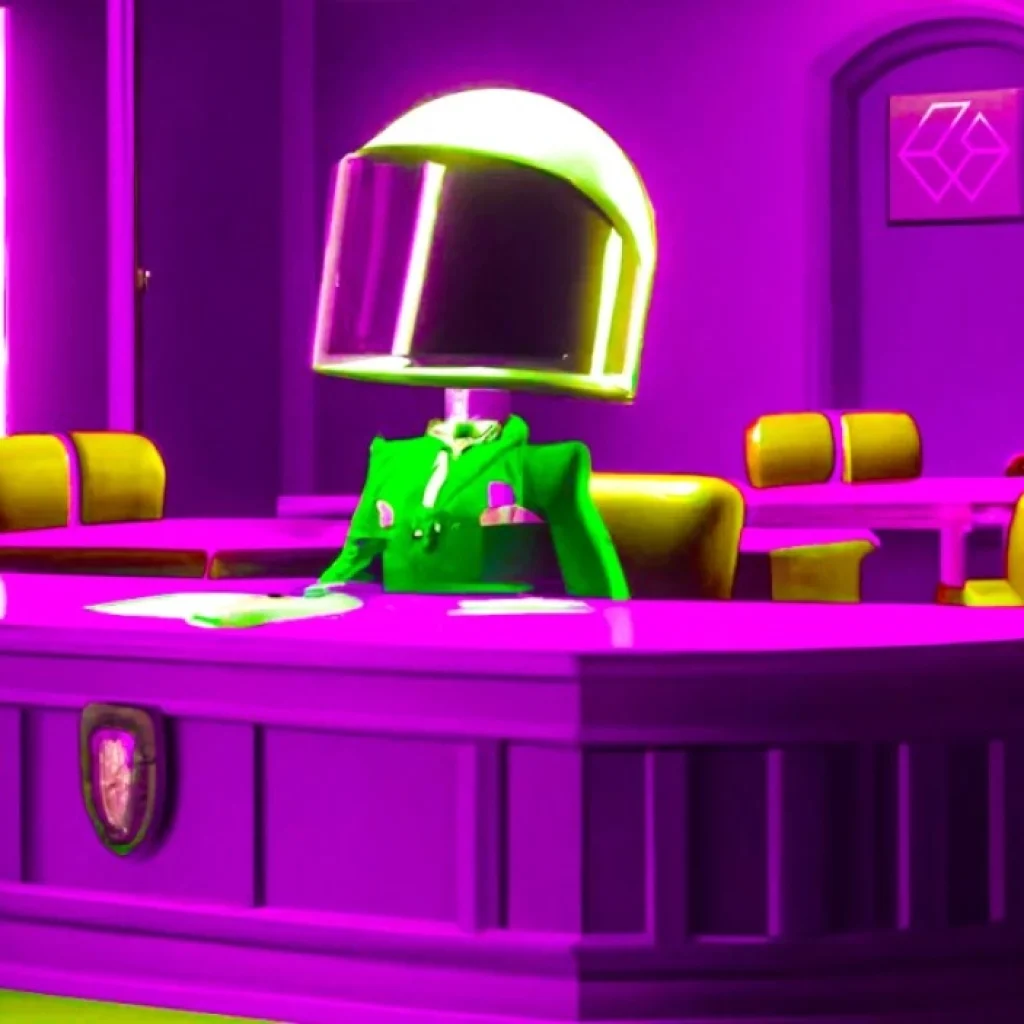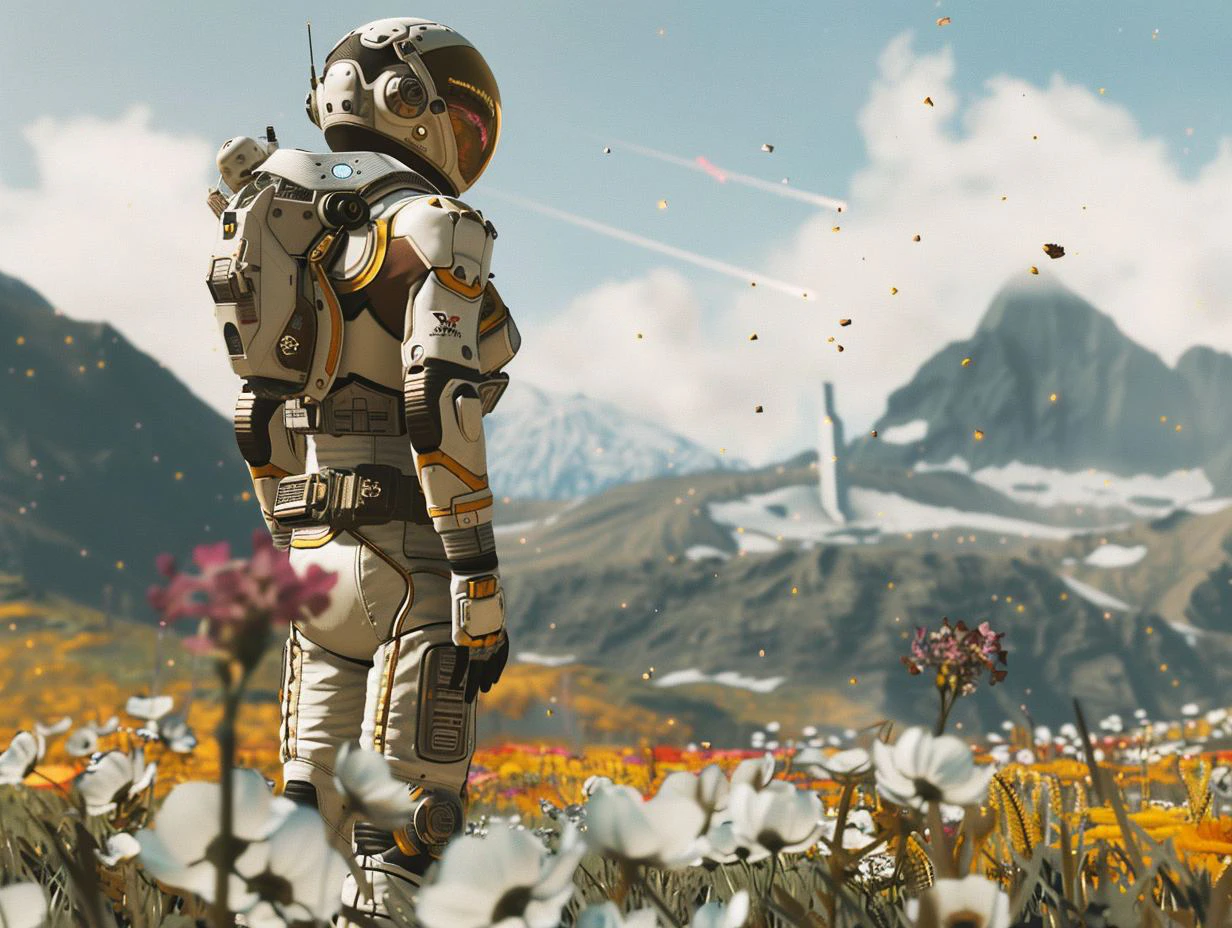OpenAI, a prominent name in the field of artificial intelligence, recently decided to discontinue its AI-detection software, citing a significant lack of accuracy. Introduced on January 31, the software aimed to assist users, including educators and professionals, in distinguishing between human-written and AI-generated text.
OpenAI acknowledges the tool’s limitation
The company took an unexpected turn when, in a blog post announcing the launch, they revealed that the AI classifier had been shut down as of July 20, 2023. The reason provided was its notably low rate of accuracy, rendering the tool impractical for use. Despite the project’s brief tenure, OpenAI acknowledged its limitations from the outset.
The AI detection tool was never deemed “fully reliable” and suffered from a few key drawbacks. It struggled significantly when verifying texts with less than 1,000 characters, resulting in a high degree of inaccuracy. Furthermore, it was only capable of “confidently” labeling text authored by humans as AI-generated, leaving room for doubt in other cases.
With the AI classifier taken offline, OpenAI is now dedicated to exploring improved methods for identifying AI-generated content. The company expressed a commitment to incorporating user feedback and embarking on research to develop and deploy more effective provenance techniques for text. Moreover, they aspire to provide mechanisms enabling users to discern whether audio or visual content has been generated by AI.
The discontinuation of the AI classifier isn’t the first time OpenAI’s products have faced scrutiny. Before this decision, on July 18, researchers from Stanford and UC Berkeley published a study shedding light on concerning developments with OpenAI’s flagship product, ChatGPT. The study revealed that ChatGPT-4, once boasting a remarkable 97.6% accuracy in identifying prime numbers, had experienced a dramatic decline, plummeting to a mere 2.4%.
Drop in accuracy raises concerns about reliability
The drop in accuracy raised questions about the reliability and stability of the AI system as it ages. The research findings didn’t stop there. ChatGPT-3.5 and ChatGPT-4 were both observed to struggle significantly with generating new lines of code, posing potential challenges for developers and programmers relying on these models for assistance. The setbacks faced by OpenAI’s AI detection software and ChatGPT products highlight the complex and ever-evolving nature of artificial intelligence.
While AI systems have shown tremendous potential in various applications, they are not immune to inherent limitations and challenges. As AI technologies continue to progress, continuous improvement and rigorous testing become paramount to ensure their reliability and effectiveness. OpenAI’s decision to retire the AI-detection software demonstrates the company’s willingness to learn from its experiences and strive for better solutions.
As the pursuit of accurate AI-generated content detection continues, researchers and developers in the field will play a crucial role in refining existing models and devising more robust approaches. The challenges faced by OpenAI serve as valuable lessons for the broader AI community. Transparency in the capabilities and limitations of AI systems is crucial, especially when such technologies are utilized in critical domains like education, journalism, and content creation.
Ethical considerations, ongoing research, and user feedback will all play vital roles in shaping the future of AI technologies and fostering their responsible and beneficial integration into society. OpenAI’s recent decision to retire its AI-detection software highlights the complexities and challenges inherent in AI technologies. Despite their potential, AI systems must undergo rigorous testing and improvements to ensure accuracy and reliability.
OpenAI’s commitment to addressing the limitations and exploring novel solutions underscores the industry’s dedication to refining AI applications. As the AI landscape continues to evolve, openness, collaboration, and ethical considerations will be crucial in harnessing the full potential of artificial intelligence for the betterment of society.





